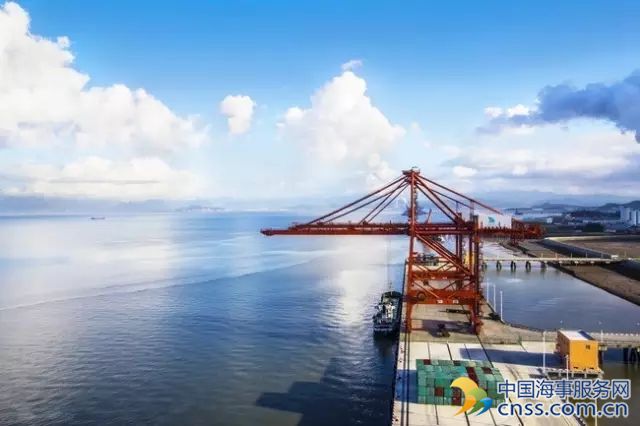Chaos at Indonesian ports disrupts coal shipping

Road blockages and bad weather in Kalimantan on the Indonesian side of Borneo island are being blamed for a disruption of coal supplies from one of the world’s most important export regions.
Coal traders and ship operators cited several reasons for the loading delays.
According to domestic online media suarakalimantan.com, citing statements from local authorities, coal hauling roads were closed by the South Kalimantan government in three locations, leaving “thousands” unable to work.
“They don’t have access to roads,” Pandu Sjahrir, chairman of the Indonesian Coal Mining Association told Reuters on Wednesday, referring to stoppages by local authorities.
Local authorities and port operators were not available for comment. A spokesman for Indonesia’s transportation ministry, which oversees ports was unable to comment.
Reuters reported the delays have affected coal ports near Samarinda in the province of East Kalimantan and Taboneo, near the capital of South Kalimantan, Banjarmasin.
“The area most affected is getting coal down the Barito River to coastal ports like Taboneo,” said one coal barge shipper from Kalimantan, speaking on the condition of anonymity due to the sensitivity of the matter.
Shipping data in Thomson Reuters Eikon and port loading schedules seen by Reuters show over 130 ships are currently offshore Kalimantan waiting to take on coal, some since late December.
The previous week, that figure stood at 108, the data showed. Indonesia’s Kalimantan provinces make up one of the world’s biggest thermal coal mining regions.
“Local authorities are delaying shipping and export licenses, and that is what is causing delays,” said a marine logistics executive in Jakarta, also on the condition of anonymity.
CANCELLATIONS?
The executive, with operations in South Kalimantan, said the long delays in the region “could start to see vessel cancellations or movement of ships to other areas in Indonesia to clear some of the many vessels waiting for cargo.”
Shipping data in Eikon shows that around 30 large ships are currently waiting to load coal at Taboneo, with several waiting for about six weeks.
In East Kalimantan, there have been delays caused by bad weather, preventing barges from transferring coal on to larger ships for export.
“The delays across Kalimantan are widespread, for many reasons. But they’re big. Some of the ships have been waiting for almost two months to take on coal,” said one coal shipper who frequently orders cargoes from Kalimantan.
A large number of miners export coal from Kalimantan, including small local firms and large international corporations.
It was unclear which firms have been affected by the disruptions, although Indonesian coal majors Bumi Resources, Adaro Energy, and Bayan Resources said they had so far not been impacted.
Overall, traders said the disruptions would likely impact seaborne thermal coal prices, especially from Australia, at a time when Chinese imports are increasing.
Indonesia is targeting the production of 470 million tonnes of coal in 2017, the bulk of which will be exported to Asia.
“If there’s disruptions in Indonesia, coal buyers will have to turn to alternative sources to meet their demand, and that’s Australian coal,” said one coal trader.
Australian prompt cargo prices for coal from its Newcastle terminal, the Asian benchmark price, last settled at $79.90 per tonne.
Source: Reuters (Reporting by Fergus Jensen in JAKARTA and Henning Gloystein in SINGAPORE; Additional reporting by Keith Wallis and Roslan Khasawneh in SINGAPORE; Writing by Henning Gloystein; Editing by Christian Schmollinger)
HEADLINES
- Do shipping markets want Biden or Trump for the win?
- All 18 crew safe after fire on Japanese-owned tanker off Singapore
- Singapore launching $44m co-investment initiative for maritime tech start-ups
- Cosco debuts Global Shipping Industry Chain Cooperation Initiative
- US warns of more shipping sanctions
- China continues seaport consolidation as Dalian offer goes unconditional